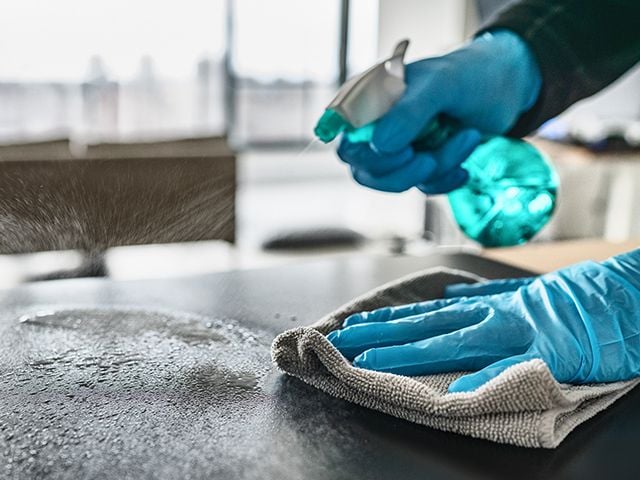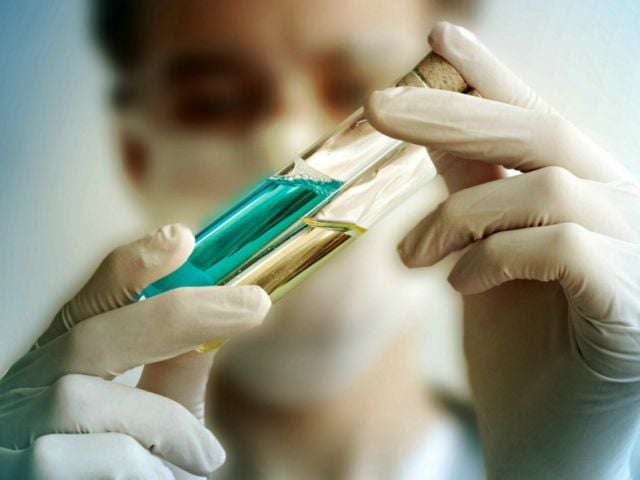Bisphenol-A (BPA) will be banned from baby bottles come June of 2011, announced the European Union’s executive commission on Thursday.
Citing concerns of the notorious plastic-hardener’s ability to disrupt the immune system, stimulate tumor growth and interfere with proper development of young children, the commission approved a proposal to ban BPA in baby bottles, effective in June of next year.
Environmental Working Group (EWG) has been a leader amongst public health organizations working to end human exposure to BPA. Laboratory studies commissioned by EWG have made headlines after reporting BPA in leading brands of canned food, cash register receipts, and in the umbilical cord blood of newborn American babies.
The announcement comes a week after a similar measure to ban BPA in sippy cups and baby bottles was dropped from a federal food safety bill during debate in the U.S. Senate. Prominent leaders from both parties, trade associations, and public health organizations had agreed on the measure, championed by Sen. Dianne Feinstein (D-CA). But the American Chemistry Council, BPA’s premier apologist in the U.S., convinced Republican senators to kill the measure.
“This action in the European Union reinvigorates EWG’s commitment to eliminate human exposure to BPA,” said Ken Cook, president and co-founder of Environmental Working Group. “It is absolutely unacceptable that American babies are born pre-polluted with this toxic chemical,” Cook said, adding: “Since our Congress won’t act, EWG will redouble our efforts to make sure that consumers reject more and more products that could expose them or their families BPA.”
Cook said that one focus of that campaign will be to eliminate BPA from cash register receipts, which can carry extremely high levels of the chemical.
John Dalli, commissioner in charge of Health and Consumer Policy, called the decision “good news” for European parents in an interview with BBC.
Found in 93 percent of all Americans, BPA mimics estrogen in the body, and at low doses has been linked to health concerns ranging from cancer and diabetes to asthma and reproductive issues.
Seven states in the U.S. have taken action to limit the use of the chemical. In October of this year Canada took action similar the EU’s, declaring the chemical toxic. Additionally, leading manufacturers have stopped using BPA to make baby bottles and major retailers no longer carry reusable bottles that are made with BPA.
# # #
EWG is a nonprofit research organization based in Washington, DC that uses the power of information to protect human health and the environment. https://www.ewg.org



